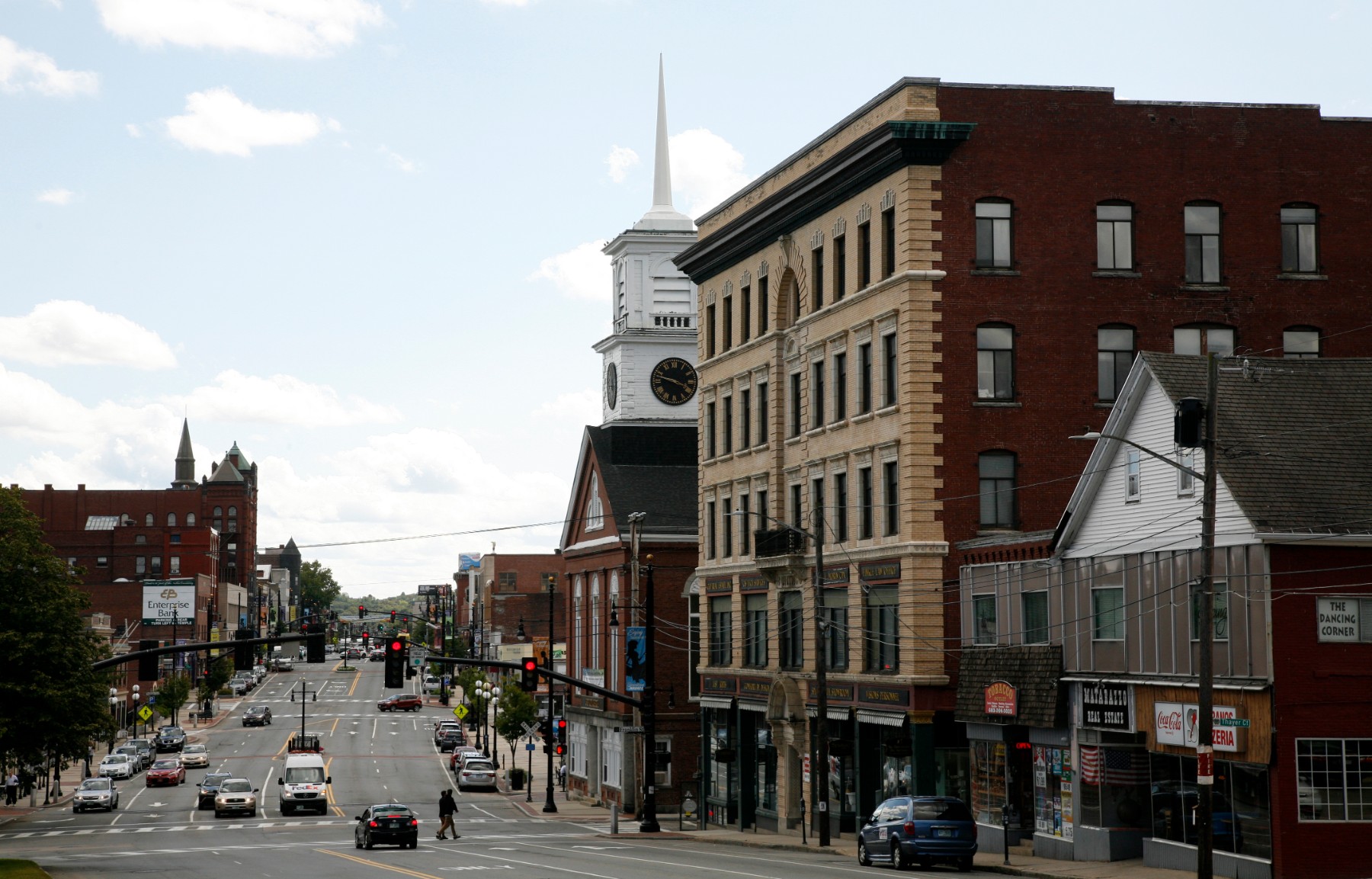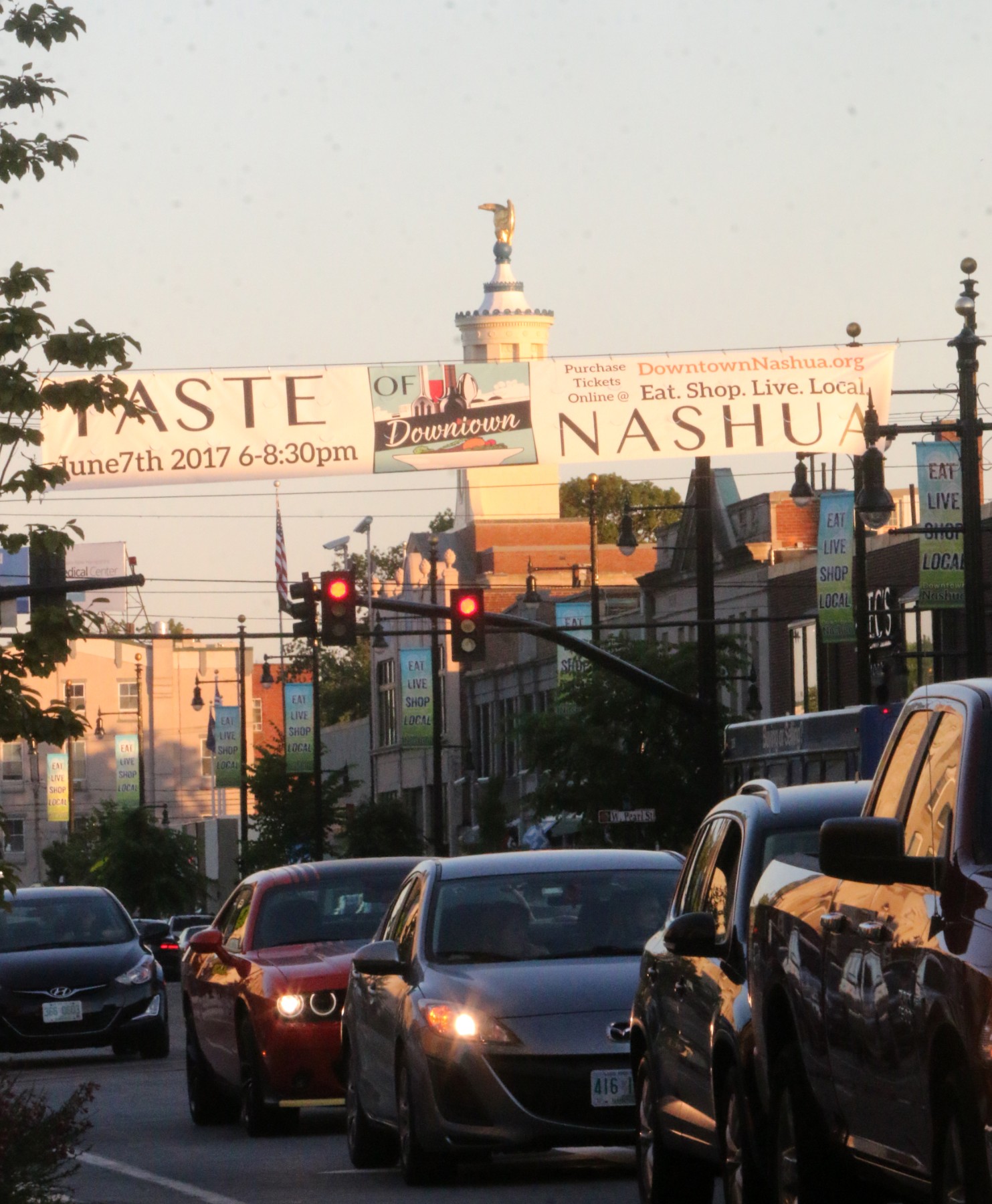
Original reporting for

Cities and towns are beginning to feel the financial impact of the COVID-19 crisis, and the difficult path toward recovery.
“We’re looking at long-term effects and a long-term recovery,” said Margaret M.L. Byrnes, executive director of the New Hampshire Municipal Association.
Byrnes said she’s been hearing from the 234 member municipalities about the COVID-19 crisis, and the organization recently completed a financial survey for cities and towns. The outlook isn’t exactly rosy.
“There’s a fair amount of uncertainty about the situation,” she said.
Laconia City Scott Myers said his community’s economy relies heavily on the summer tourist season, and it’s hard to see that not being impacted by the crisis.
“There are a lot of people who hang their hats on that mid-June through Labor Day period,” Myers said.
Laconia’s signature event, the early June Bike Week, brings in a lot of traffic for restaurants, shops, and hotels. It’s been postponed until late August. A bad summer for merchants and restaurant owners could trickle out to people having trouble making property tax payments, Myers said. Laconia will get a sense of the situation in June, when tax bills are due.
“It’s a bit too soon to know what the numbers are going to look like,” Myers said.
Myers said the city will have to reassess its finances once it starts to see the numbers in June.
Claremont City Manager Ed Morris said the city is already anticipating a $200,000 loss in rooms and meals tax revenue because of the emergency orders put in place by the state, and he’s seeing other sources of city revenue dry up. The city has closed its Claremont Savings Bank Community Center, which offers a fitness center, an indoor running track, and a swimming pool for members to use, and will lose revenue from lost memberships. Claremont is also seeing a drop in water use thanks to the restaurants in town being open for take-out only.
Nashua Mayor Jim Donchess said his city is losing a significant amount of money from motor vehicle registrations which were put on hold by the state as part of the emergency orders.
“We’ve lost about $100,000 so far. That may come back, but we don’t really know how many people are buying cars,” he said.
Revenue sources like parking for downtown shops and restaurants and rooms and meals tax are also way down.

“Our downtown is essentially closed,” Donchess said.
Both Donchess and Morris said that while revenue is slowing down, expenses are picking up. Everything from overtime for employees, to increased welfare, and buying personal protective equipment for city staff and first responders. Morris said Claremont is keeping an eye on anything going out.
“We’re really watching expenses right now,” Morris said. “We’re kind of looking everywhere we can to make this work.”
Byrnes said many cities and towns will be helped from the CARES act funding, with $1.25 billion coming into New Hampshire. Donchess said a lot of costs will be covered at 75 percent by FEMA, and Nashua’s Board of Alderman has already appropriated $350,000 to pay for direct expenses tied up to the response.
The big question many municipalities have is the future of property tax payments, Byrnes said. The rates were set by communities in a world before the COVID-19 crisis and the financial impacts. Now New Hampshire’s municipalities will have to contend with tax payments coming in slower, an increase in property tax abatements, and a likely increase in foreclosures. The future will be bound up in, not just in property values, but in people being able to afford to stay in their homes.
With unemployment expected to be around 10 percent for the time being, Byrnes said many cities and towns are already talking about revising their budgets downward to help taxpayers.
“We don’t know what the future holds there,” Donchess said.
 These articles are being shared by partners in The Granite State News Collaborative. For more information visit collaborativenh.org.
These articles are being shared by partners in The Granite State News Collaborative. For more information visit collaborativenh.org.







